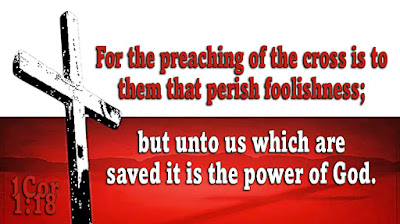Not with wisdom of words, lest the cross of Christ should be made of none effect

The vain babblings of unregenerated men
How many philosophers, teachers, students of scripture, so-called wise men, debaters, and counselors are out there, speaking the things of the Bible, judging and arguing the deep things of the Word, correcting, advising, and reprimanding others, all the while thinking that they understand the oracles of God, that they have the credentials to speak truth, and that they have their theology grounded because of research, study, and experience. To these individuals, I address the fact that if you have not been regenerated by the gospel of grace and received the Spirit of Christ within you, then your theological wisdom is foolishness, and your biblical teachings are vain jangling's and rife with lies.
Ask yourself truthfully, what is the origin of your theology? From what fountain of knowledge has your wisdom been syphoned from? Are you glorying in an invented truth? Has it not by chance been handed down to you from the vain imaginations of others who came before you? Could it be that you are gloating in reused fabrications of theology that others have once blended together for their own glory or purpose?
The apostle Paul arrived at one time in Athens and encountered a city fraught with idols. In the center of all this deception sat wise men who daily spent their time in nothing else, but either to tell, or to hear
some new thing.
Acts 17:16 Now while Paul waited for them at Athens, his spirit was stirred in him, when he saw the city wholly given to idolatry. ... 18 Then certain philosophers of the Epicureans, and of the Stoicks, encountered him. And some said, What will this babbler say? ... 20 For thou bringest certain strange things to our ears: we would know therefore what these things mean. 21 (For all the Athenians and strangers which were there spent their time in nothing else, but either to tell, or to hear some new thing.) ... 23 For as I [Paul] passed by, and beheld your devotions, I found an altar with this inscription, "To the Unknown God". Whom therefore ye ignorantly worship, him declare I unto you.






